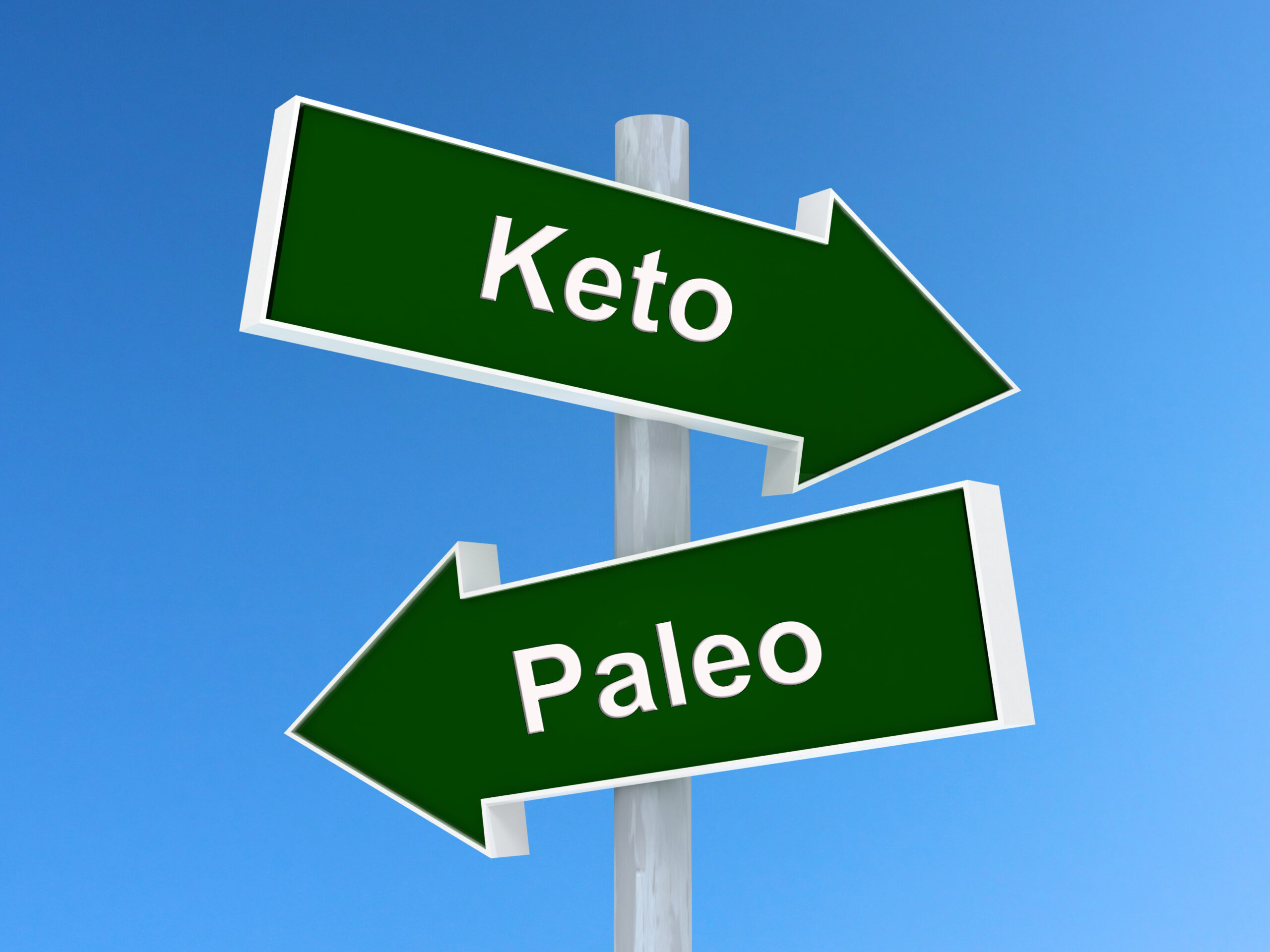From going sugar free, dairy free, soy free, GMO free etc etc, gluten is another item that’s been added to the growing list of food ingredients that we should be ‘free’ of. It’s become increasingly common to blame gluten for all sorts of health problems, from bloating and GI issues to weight gain and low energy. Why has gluten become the new target for fad dieters and celebrities to point their fingers at? While there are people with certain diseases that should definitely avoid gluten (more on that in a second), there’s actually little evidence behind these health claims. So how did this idea come about in the first place?
What exactly is gluten?
Gluten is a protein that’s naturally found in wheat, barley, rye, and food products that they’re made from. Many ‘starchy’ foods, including bread, noodles, biscuits, and cakes would contain gluten. In fact, it’s responsible for the nice elastic, chewy texture that most of us enjoy in these foods! It’s also found in some less expected places, such as soy sauce made from fermented wheat, and sauces which use flour as a thickening agent. With that said, plenty of foods are also naturally free of gluten, including rice, corn, and quinoa, as well as all fruits, vegetables, meats, nuts and legumes.
When would I need to go gluten free?
People with celiac disease have a medical need to have a gluten free diet, as the protein causes damage to the lining of their small intestines. This can seriously affect their ability to absorb nutrients, as well as cause cramps, vomiting, anemia, and osteoporosis. If you do have celiac, chances are that you’re already aware of the importance of following a strict gluten free diet! This includes avoiding ‘safe’ foods that have been cross contaminated by foods with gluten, such as a salad with croutons, and veggies cooked in pans that were used for pasta. This can make it very difficult when eating out, so it’s important to ask about the ingredients and preparation methods before ordering. Gluten-free groceries snacks are also readily available in most supermarkets, so look out for bean-pastas, rice crackers, oats, brown-rice breads, and products that have a GF label on them.
What if I don’t have celiac disease?
Recently, it’s been identified that a small percentage of people who don’t have celiac disease may also show similar, but more minor symptoms. Generally referred as having gluten sensitivity, they can feel bloated, tired, and develop a headache after eating gluten. It could be helpful to trial a gluten-free diet if you suspect you suffer from this condition, but since there isn’t a formal medical test for it, it would be difficult to identify gluten as the sole culprit of your symptoms.
Are gluten free foods healthier and can they help me lose weight?
The misconception that a gluten free diet promotes weight loss might stem from the fact that foods with gluten are generally carb heavy ones, which many dieters try to avoid. While you could indeed lose weight from going gluten free, it is likely because you’re being more mindful about their diet in general and cutting down on the amount of refined carbs (rather than gluten itself). Another reason for the confusion could be that celiac sufferers tend to be thin, but this due to their trouble with absorbing nutrients rather than their gluten-free diet.
There has been no evidence that eliminating gluten helps promote weight loss. Gluten is not inherently unhealthy, and whole wheat breads and pasta can certainly be part of a balanced diet. In fact, there is a risk of receiving fewer nutrients, such as iron, B vitamins, and fiber, due to having more dietary restrictions. Aiming for a balanced, varied diet could be much more beneficial for weight management!



